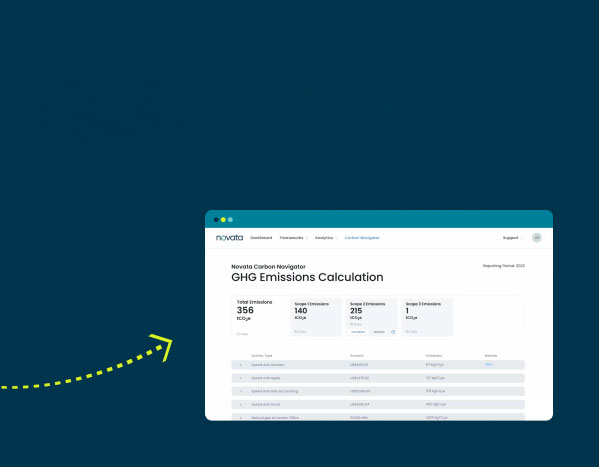March 1, 2024, marks one year until California’s SB 54 legislation takes effect. Signed into law on October 8, 2023, the legislation is the first in the US that aims to increase diversity and equity in venture capital funding by requiring firms to report on the diversity data of the companies they invest in. According to reports, less than 3% of all venture capital funding is currently allocated to women and Black founders.
SB 54 goes into effect on March 1, 2025, and venture capital companies (VCCs) in scope will be required to report on 2024 data. As we count down to this deadline, here are key details about the regulation and what investors can expect to report on.
Who Is Required to Report?
Under SB 54, “venture capital company” has the same meaning as defined in paragraph (4) of subdivision (a) of Section 260.204.9, Title 10 of the California Code of Regulations. To be considered a ‘covered entity’ under the legislation, firms must have venture capital investments as 50% of their assets and/or take part in acquisitions of securities that convey management rights in an operating company. SB 54 defines “covered entities” broadly enough that a wide range of private investment funds, including traditional private equity firms in addition to venture capital companies, may be subject to compliance.
To be in scope for the SB 54, covered entities must meet two further criteria:
- The VCC must primarily engage in financing to start-up, early-stage, or emerging growth companies or manage assets on behalf of third-party investors
- The VCC must meet any of the following location criteria:
- Be headquartered in California
- Have a significant presence or operational office in California
- Make VC investments in businesses that are located in, or have significant operations in, California
- Solicit or receive investments from a person who is a resident of California
Reporting Requirements for SB 54
SB 54 requires VCCs to report to the California Civil Rights Department (CRD) on the demographics of the founding teams of the companies they invested in the previous year. Thus, firms in scope must begin collecting the required information from portfolio companies from January 1, 2024. Portfolio companies will be asked to anonymously report demographic information on the gender, race, disability status, sexual orientation, and veteran status of their founding teams.
VCCs must disclose to CRD the number of investments made to portfolio companies founded by diverse team members, the total amount of investment made to these portfolio companies, and the total amount of money the VCC invested in each business in the prior calendar year. VCCs must also collect and publicly release aggregated and anonymized diversity data.
Penalties for Non-Compliance
If reports are not filed with the CRD within 60 days of the legislation’s effective date, firms face non-compliance penalties, projected to be $100,000. This penalty may be subject to the discretion of the California CRD. Disclosing this information is voluntary for founding teams, and they will not be penalized for not responding. Firms will have to note that in-scope companies opted out of reporting.
Streamlining the Data Collection Process
Compliance with SB 54 will require VCCs to work closely with portfolio companies to collect the data needed to report. Putting resources in place can help simplify the data collection process. Learn how Novata can support the needs of venture capital firms and portfolio companies.






